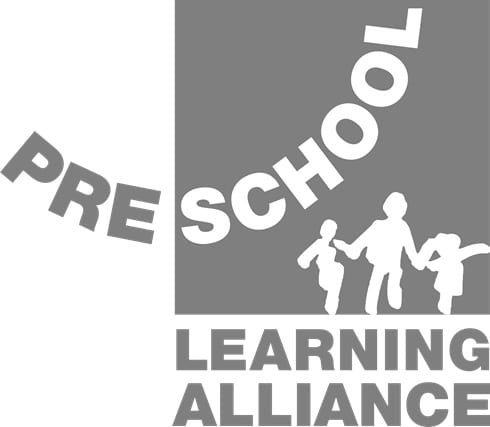Read the response from the Pre-School Learning Alliance and others in the Early Years community.

Posted: 10/03/2022
Responding to today’s publication of Ofsteds annual report, Neil Leitch, chief executive of the Pre-school Learning Alliance, said:
Its very positive to see the passion and quality of early years providers reflected in the continued improvement of Ofsted ratings with 94% of providers now rated good or outstanding an increase of 20 per cent in five years.
However, in the midst of these excellent results, it is incredibly disappointing that, even in light of the vast criticism of the recent Bold Beginnings report, Ofsted still sees fit to criticise EYFS as failing to prepare children for KS1.
Let’s be clear: the purpose of the EYFS should never be about “preparing” children for formal schooling. It should be about fostering a love of learning through supporting the broad range of skills, such as physical development and personal, social and emotional development, that children need in order to flourish both inside and outside of school.
In recent years, Ofsted has been very clear that its role is one of an independent inspectorate focused on assessing the quality of education providers, not dictating the best way to teach and support learning. It is both confusing and concerning, therefore, to see such a sudden shift towards advocating alongside government for a radical move away from accepted best early years practice and towards the ‘schoolifcation’ of the early years – and one that Ofsted would be well-advised to reconsider.”
Read the full article: http://bit.ly/2BYGKKw
Ann Mroz comments on attempting to measure or test creativity in Early Years: http://bit.ly/2B7QiqX
Creativity is a liminal phenomenon, says Dylan Wiliam, emeritus professor of educational assessment at the UCL Institute of Education. It exists at the periphery. For someone who thinks art is all about Rubens and painters like that, Jackson Pollock isnt creative; hes irrelevant. To be creative, you have to be at the edge of a community of practice, but still of it. Things that are too far outside are beyond the pale.
Creativity is not only about art and the arts, however. Creative thinking permeates many subjects. These include mathematics, science, technology and computer science, which we have traditionally tried to measure through the proxy of patents or Nobel prizes.
The trouble with creativity, though, is that it is almost impossible to measure. So why bother to attempt to measure it, as the Programme for International Student Assessment (Pisa) may be planning to do? There are many reasons including the changing skills needed in the future but one is stark: governments dont like things they cant measure. There is a need to control.
…
Which brings us to the battle over Early Years Foundation Stage (EYFS); one that is being fought on reliability whether the capability or capacity of a four-year-old can be measured. If developmental psychologists and EYFS professionals are right, these are as elusive and tricky as creativity.
It certainly cant be done, they argue, through a standardised test. And yet that is exactly what the government intends to do.
Read the full Ofsted report here: http://bit.ly/2yRxW7v
